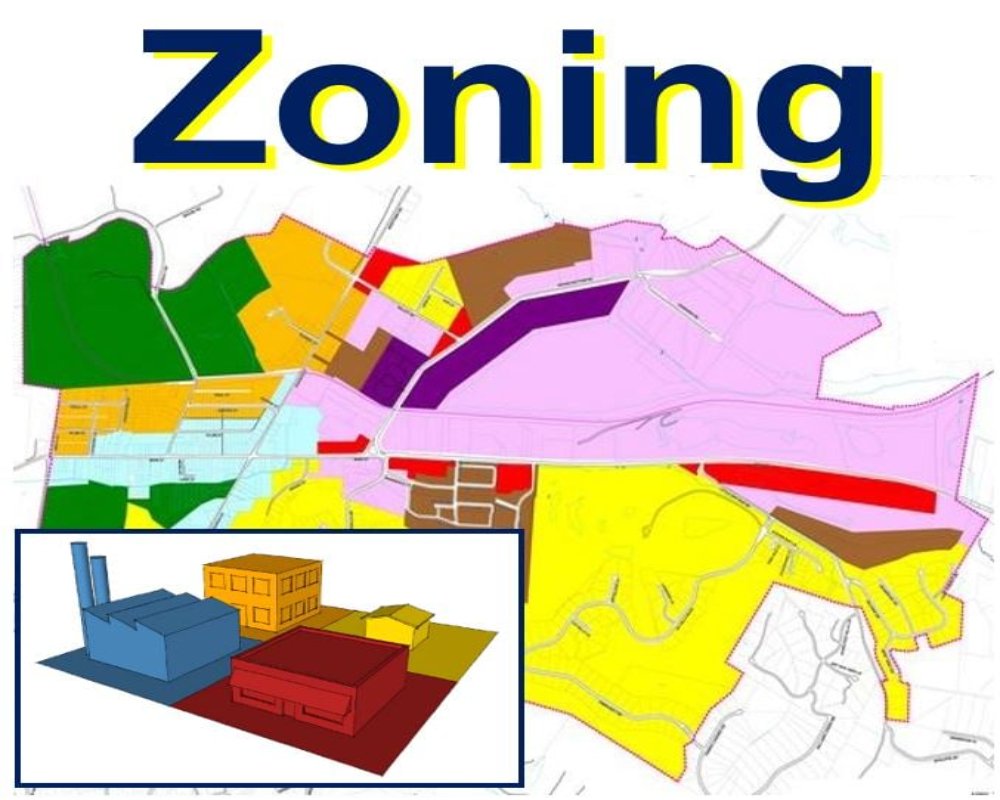1. Legal Protection and Risk Mitigation
Zoning laws are legally binding regulations local authorities establish to control land use. Complying with these laws protects businesses and property owners from legal disputes, fines, shutdowns, and even demolition orders. Ignoring zoning compliance can lead to costly litigation and permit revocations, jeopardizing both investment and operations. Ensuring alignment with local codes prevents violations and fosters long-term business security.
2. Operational Efficiency and Business Continuity
Zoning regulations dictate what types of businesses can operate in specific areas. Non-compliance can result in operational disruptions, such as denial of utility services, forced relocations, or restrictions on business activities. By adhering to zoning laws, businesses can plan their infrastructure, logistics, and workforce efficiently, ensuring smooth functioning without regulatory interference.
3. Community Harmony and Sustainable Development
Zoning promotes orderly development and maintains the character of neighborhoods. It balances commercial growth with environmental, social, and aesthetic considerations. Compliance supports community goals like reduced congestion, controlled noise levels, and ecological preservation. It also fosters positive relationships with local authorities and residents, which is crucial for future expansions or renovations.


